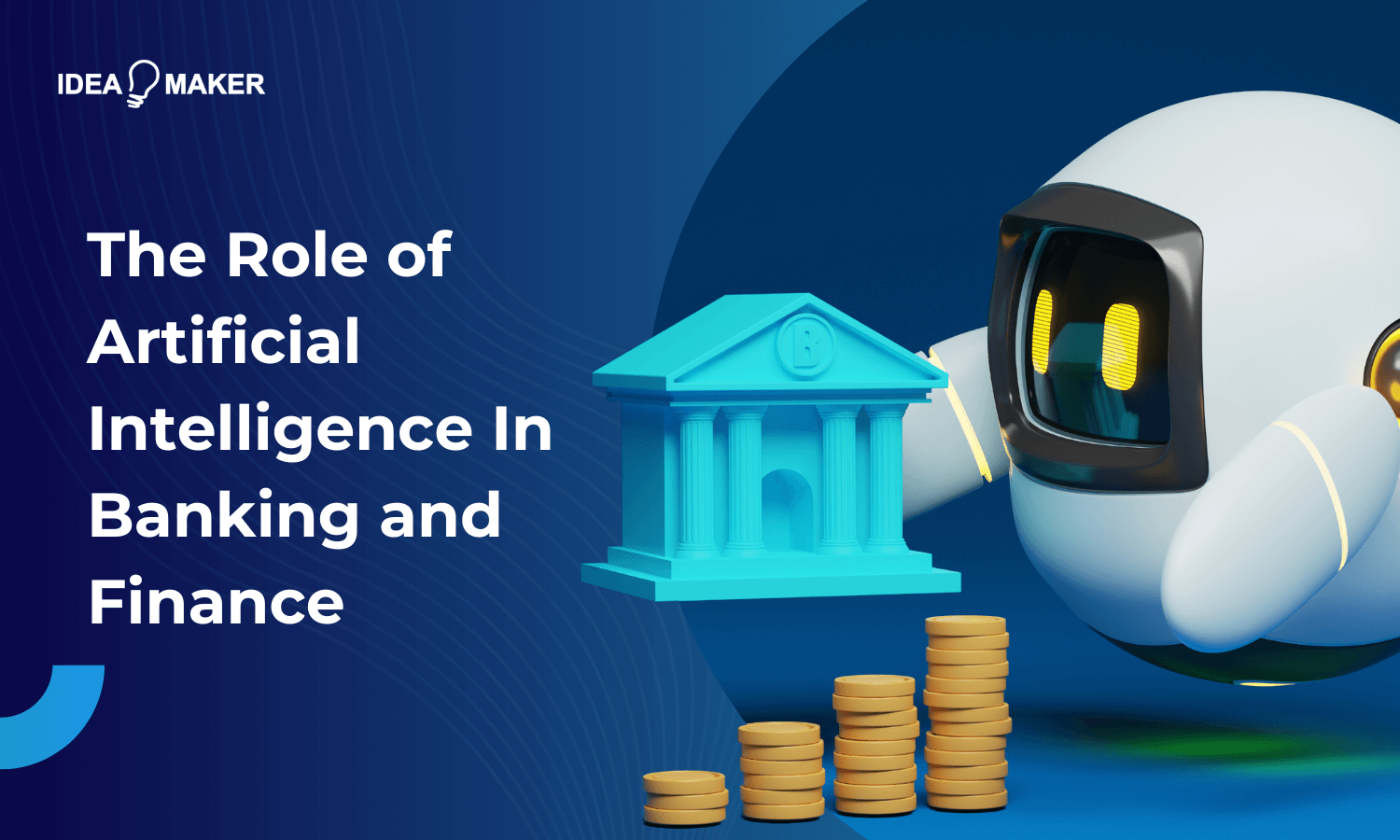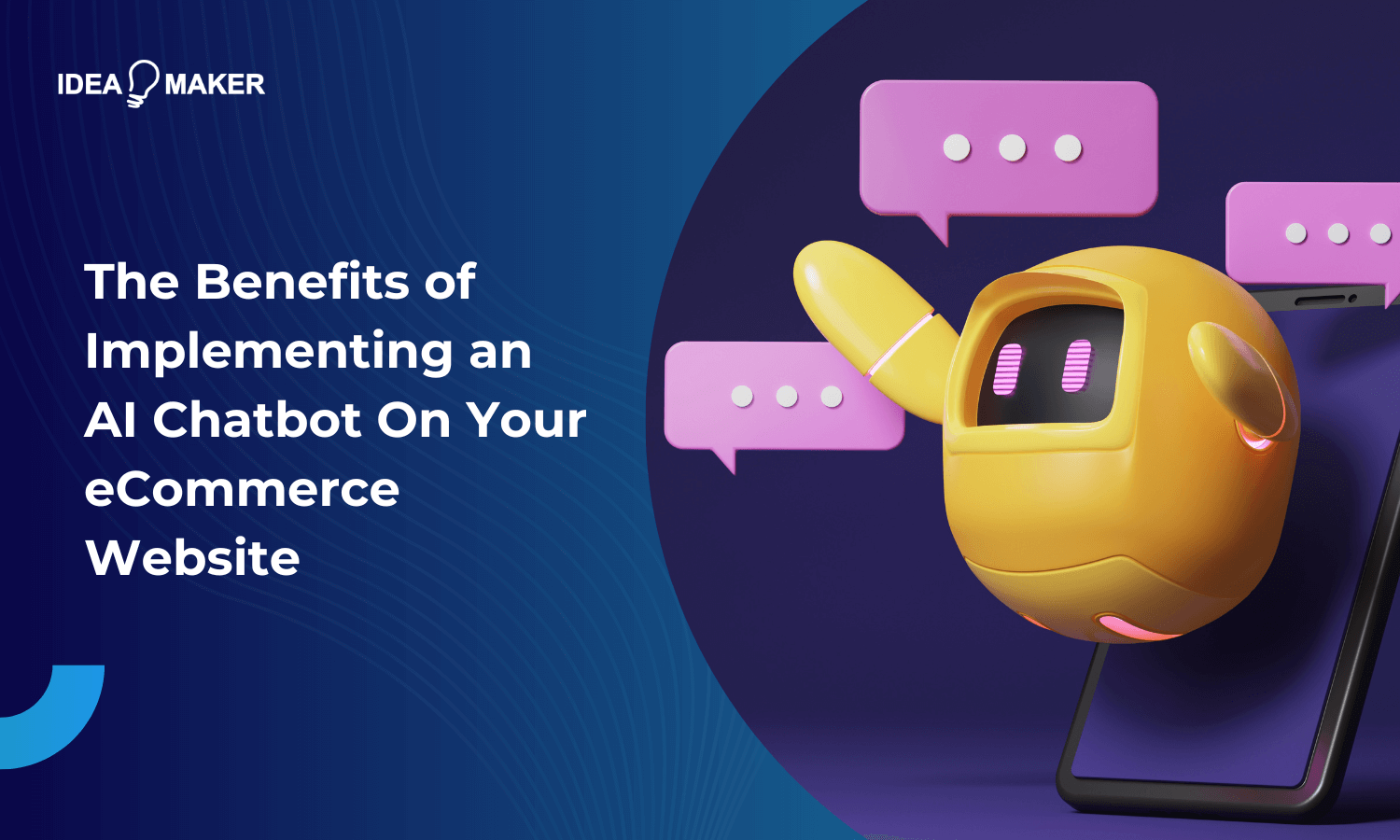Finance and banking are industries in which artificial intelligence has had a significant impact, from improved fraud detection to fears about data privacy. In this article, we explore the role of AI in banking and finance and discuss how the technology is used. We’ll also examine the most common challenges associated with AI in financial services. Keep reading to learn more.
Table of Contents
Overview of AI in Finance
Artificial intelligence is transforming the finance industry by enabling unprecedented capabilities for data analysis, process automation, and decision support. According to Mordor Intelligence, the global AI in finance market is projected to reach $23 billion by 2026, exhibiting a compound annual growth rate (CAGR) of 23% between 2021 and 2026. Key drivers propelling rapid adoption of AI in finance include:
- Data Analysis: AI techniques like machine learning allow financial institutions to gain deeper insights from massive internal and external datasets. Advanced pattern recognition supports everything from investment decisions to fraud detection.
- Process Automation: Tedious, high-volume tasks like loan processing and compliance reporting can be handed over to intelligent automation tools, reducing costs and improving efficiency. Research from McKinsey Digital indicates that early adopters of finance AI could potentially save 25-50% in operating expenses with enhanced automation.
- Risk Management: Sophisticated predictive models help banks and insurers better evaluate risks to drive smarter underwriting and mitigation strategies. Credit lending models using alternative data provide wider financial access.
While AI promises immense benefits, challenges around transparency, bias, and job loss fears persist. Strict governance and change management will be key for responsible AI adoption; however, if used judiciously, AI is set to fundamentally reshape finance.
Uses of AI in Banking and Finance
There are many ways in which artificial intelligence can be used in banking and finance. Here are just a few ways to consider.
24/7 Customer Service
Leveraging the Natural Language Processing (NLP) AI model that powers chatbots like ChatGPT and Claude.ai, banking and financial services can now offer 24/7 automated customer service. This means that, instead of having to hire human customer service agents, financial institutions can integrate AI chatbots that effectively deal with customer issues and can even identify when to hand-off issues to human agents.
Not only do AI customer service chatbots benefit customers by allowing them to resolve problems round the clock, it also reduces labor costs for financial businesses. Additionally, AI chatbots can filter essential work through to human employees while taking care of trivial issues, ultimately increasing business efficiency.
Automated Financial Advice
Using similar technology to the NLP mentioned above, financial institutions are able to give customers automated advice. This is thanks to NLP modeled AI’s ability to understand the context of user input. In other words, AI chatbots can understand exactly what a person is asking, and relate their responses to the customer’s unique circumstances and financial state.
According to a 2022 survey by EY, over 50% of banking customers are open to receiving financial advice from AI chatbots. With proper transparency and disclaimers, automated advisors can supplement human financial planners by providing basic guidance personalized to each user. However, oversight is needed to ensure advice aligns with regulations.
Improved Fraud Detection
AI and machine learning algorithms can process and analyze large amounts of data, allowing them to understand how individual users and humans function. In other words, ML algorithms are capable of identifying what constitutes normal human behavior. As a result, they can also determine what constitutes abnormal behavior.
For example, if a banking app customer regularly displays the same spending habits and interacts with the app in a consistent way, AI can confidently identify this pattern and determine if the user is genuine. When this behavioral pattern is broken, the AI can raise a red flag and freeze accounts, preventing fraud.
Better Investment Prediction
Artificial intelligence is not capable of knowing exactly what stocks to invest in, but, in some circumstances, it can predict fruitful stocks with a 70% accuracy. Consequently, AI can be used to better predict solid investment opportunities, guiding individuals with limited investment knowledge.
By analyzing past market data and events, as well as real-time news and sentiments, AI algorithms can detect patterns and correlations that may be early indicators of rising or falling stock prices. According to Harvard Business Review, AI prediction models matched or exceeded human performance for stock price forecasting. However, no model is foolproof, so human oversight remains essential.
Improved Data Interpretation
It goes without saying that financial businesses and banks are based on their understanding of data, as they manage customer money while building extensive investment portfolios. So, in order to successfully run a financial institution, effective data interpretation and an understanding of markets are crucial. However, staying on top of this data and accurately predicting the future of markets can be a challenge.
Thanks to artificial intelligence, data interpretation and market prediction have become much easier and more accurate. This is because machine learning techniques can identify complex relationships and patterns across massive financial datasets that humans cannot realistically uncover, providing invaluable insights for investment strategy and risk management. In fact, according to Deloitte, 89% of financial institutions already use AI for data analytics and predictions.
Challenged Associated With AI in Finance and Banking
Of all the industries artificial intelligence has found use in, some of the technology’s most impressive use cases and innovations are found in banking and finance. However, in an industry so dependent on user data and privacy, AI in finance and banking is fraught with challenges.
Data Privacy
The question of how artificial intelligence models handle user data is a prominent one, and its ethics are pondered by many experts. According to a 2021 survey by Deloitte, 91% of financial institutions have concerns about data privacy and ethics relating to AI adoption. With access to sensitive customer information, banks must ensure robust security measures and transparency around how data is used in AI systems. Lacking proper safeguards risks undermining consumer trust.
Regulatory Compliance
As AI decision-making permeates banking services, regulatory questions around accountability arise. Financial institutions must demonstrate compliance with various regulations when AI is involved in areas like credit lending. This creates a complex legal landscape to navigate. Establishing transparency in AI systems for auditing and explainability is key, but presents technical hurdles around proprietary models. As a result, ongoing collaboration with regulators is critical.
Data Bias
While AI can help eliminate human biases, the models are still susceptible to perpetuating historical or statistical biases found in training data. As reported by the Harvard Business Review, biased data led one bank’s AI to reject applications from minorities at higher rates. Rigorous testing and diverse data sets are important to minimize biases; but given the black-box nature of some AI, bias detection remains challenging.
User Confidence Levels
Surveys by Accenture show only 25% of consumers are comfortable with AI-powered chatbots for banking. Transparency around AI use cases and capabilities is lacking. With finance highly dependent on trust, consumers need help understanding AI-driven personalized services versus data exploitation. Consequently, better communication of benefits by banks will improve public acceptance.
AI and Fintech Solutions From Idea Maker
If you’re looking to elevate your financial or banking business using artificial intelligence, you’re in the right place. At Idea Maker, we have a team of expert software developers and AI specialists capable of building advanced AI solutions that address the above challenges. Schedule a free consultation with us today to learn more about our services.












